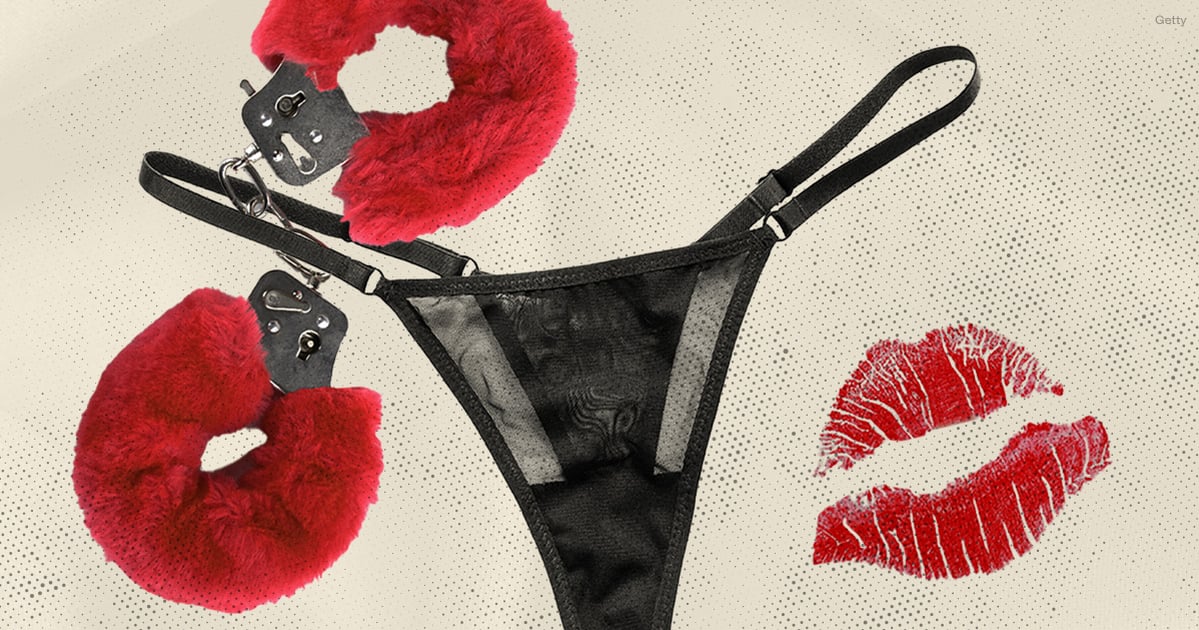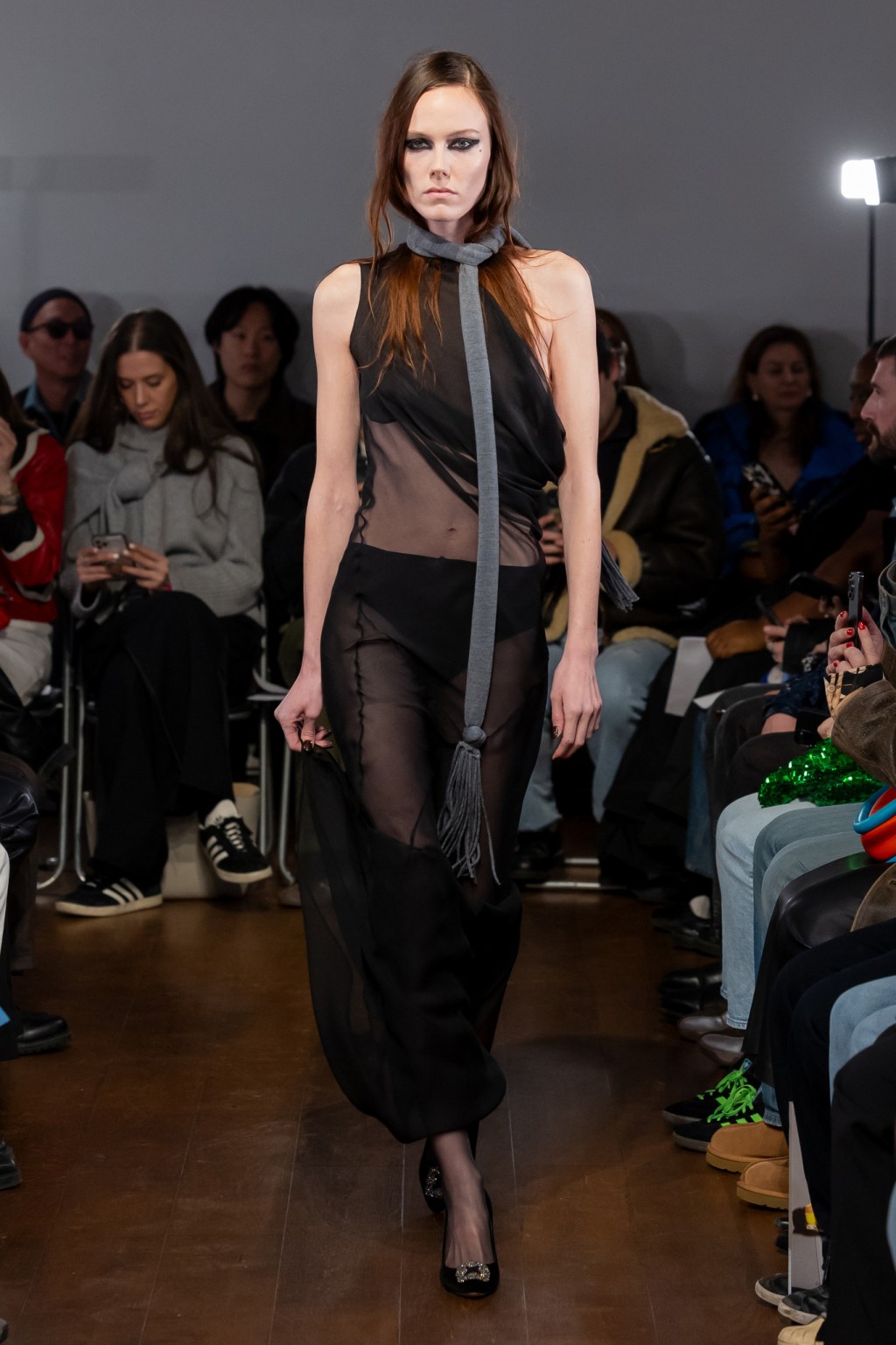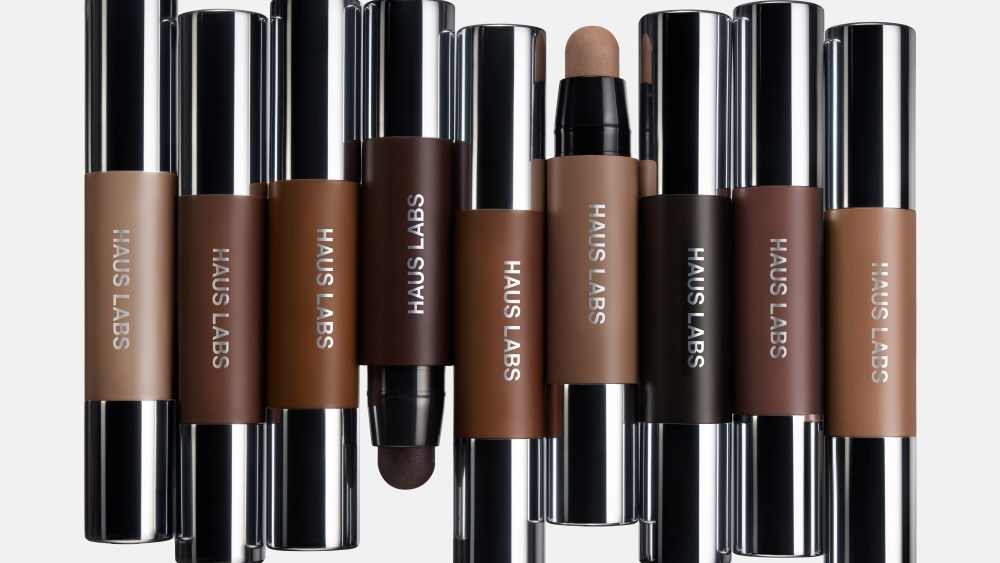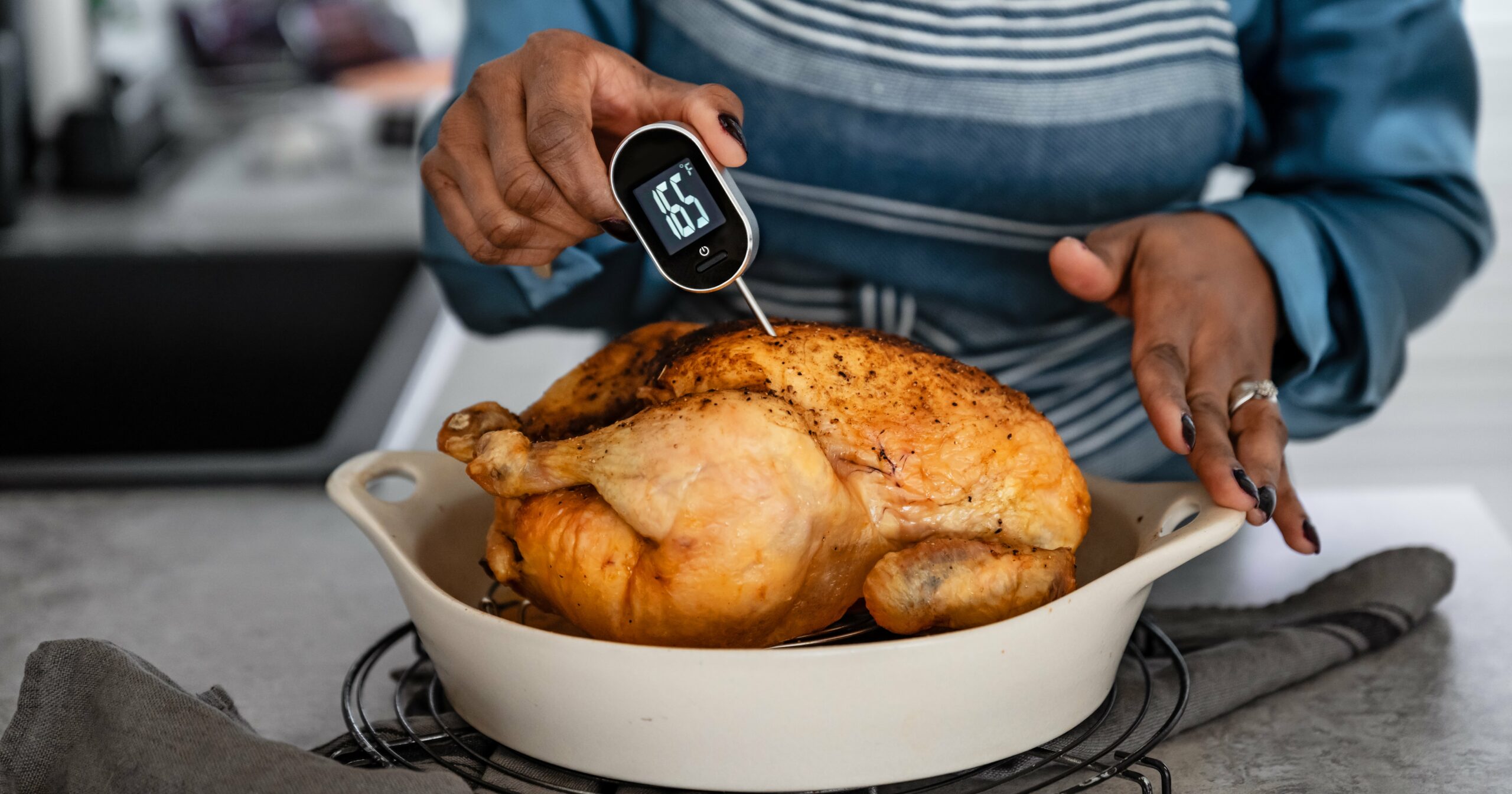I wasn’t interested in sex until I touched the grounds of Howard University my freshman year. The men were different from the boys in high school. They were self-assured, intelligent, knew what they wanted when they wanted it, and, most notably, “had nothing to offer but sex.” (At least, according to what people told me.)
When people preached this to me over and over again, it set my dating expectations low. So, naturally, the first guy I had sex with on campus was nothing more than a friend with benefits. Knowing that I wasn’t going to be his “one and only” confirmed for me that he didn’t have to be mine.
Blame it on the fact that I’m an emotionally unfazed Capricorn or because of what everyone warned me about, but from then on, there was a natural lack of emotional attachment to most of the boys I was intimate with. This period of my life is what I now consider my “hoe phase.”
Experts Featured in This Article
Jasmine Diaz is a dating strategist and matchmaker.
Though my friends were a little judgmental about my hoe phase, the last thing I wanted was to be crying over casual hookups the way they did. They simply didn’t understand how relieving it was to not feel tied down to anyone – or worse, not feel tied down to someone who wasn’t tied down to me. It was freeing to walk around campus hand-in-hand with whoever I chose and to wander off campus with whoever asked first.
After college, I moved to Los Angeles, which steered my hoe phase in a different direction. Instead of using men to explore my sexual pleasures like I did in college, I started looking at men as providers. I picked up the art of negging and adopted it into my day-to-day interactions with men. From buying my first pair of designer shoes to teaching me about home investments, the men I dated served a purpose that had nothing to do with finding love and everything to do with helping me accomplish goals.
By the time I turned 27, a switch inside of me flipped. I was actively in therapy questioning why I suddenly felt unfulfilled. The thought of going on another date with a potential situationship was nauseating. That’s when I realized these surface-level relationships hit their peak. I was ready for the real thing – a committed relationship based on love. And that’s when my dating with intention phase began.
My therapist and I worked through understanding why emotional connections were so terrifying to me. I learned ways to use my feminine charm that didn’t involve manipulation, and identified the differences between my needs and wants in a partner. Previously, I had believed whoever cared less in my relationships had the most control. But with therapy, I realized love isn’t strategic. One person isn’t less than the other because of their choice to be sentimental. In fact, it takes an admirable amount of strength to love and be vulnerable – something that I learned to now appreciate.
Now, I’m dating intentionally to find a partner who complements who I am, and I can thank my hoe phase for getting me to this healthy place. “When women explore their sexuality, they gain a better understanding of who they are,” dating strategist Jasmine Diaz says. “This journey can boost self-esteem and confidence, reduce stress, and create stronger connections with their partners.” I couldn’t agree more.
My hoe phase helped me realize exactly what I want in a partner.
My hoe phase helped me realize exactly what I want in a partner, and I have a strong sense of my nonnegotiables and expectations on how I deserve to be treated. Sure, I know I need someone who is a provider, but I also know I need someone who respects my independence, prioritizes my desires, understands my style of communication, and isn’t afraid to challenge or be challenged. I’ve learned that expressing my needs shouldn’t be a burden, and I’m deserving of someone who’s patient, loving, and accepting.
I own my hoe phase, but there’s an obvious double standard that came with the term. As Diaz points out, the term “hoe” alone implies shame and “restricts women’s freedom to embrace their full sexual self.” But I don’t feel shame at all.
Though I began my hoe phase mainly as a rebellion against the patriarchy, it turned into something that I’m grateful for. It was a time where I allowed myself to be a priority. A time where I determined my value and didn’t let others define what self respect looked like. I was proud of myself throughout my hoe phase. But most importantly, I’ll continue to be proud of the woman I am today because of my hoe phase.
Breanna Chionne is an LA-based content creator and storyteller who loves to take up space while sharing her unique perspectives on life. Originally from Washington “Chocolate City” DC, Breanna takes pride in using her platforms to make sure Black women always feel seen. Think of her as your sex-positive, beauty-loving bestie with a tiny true crime obsession and a million stories to tell.




